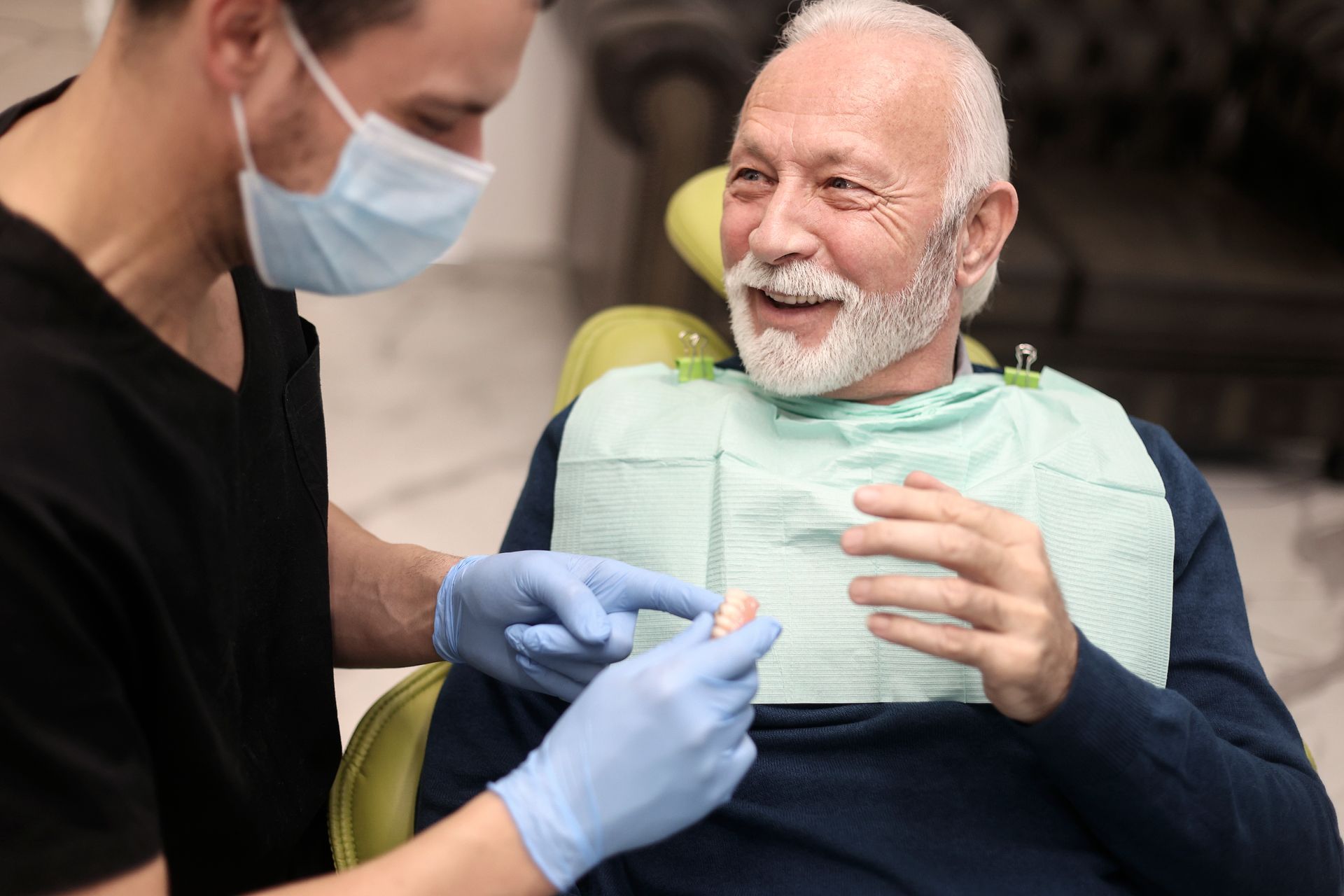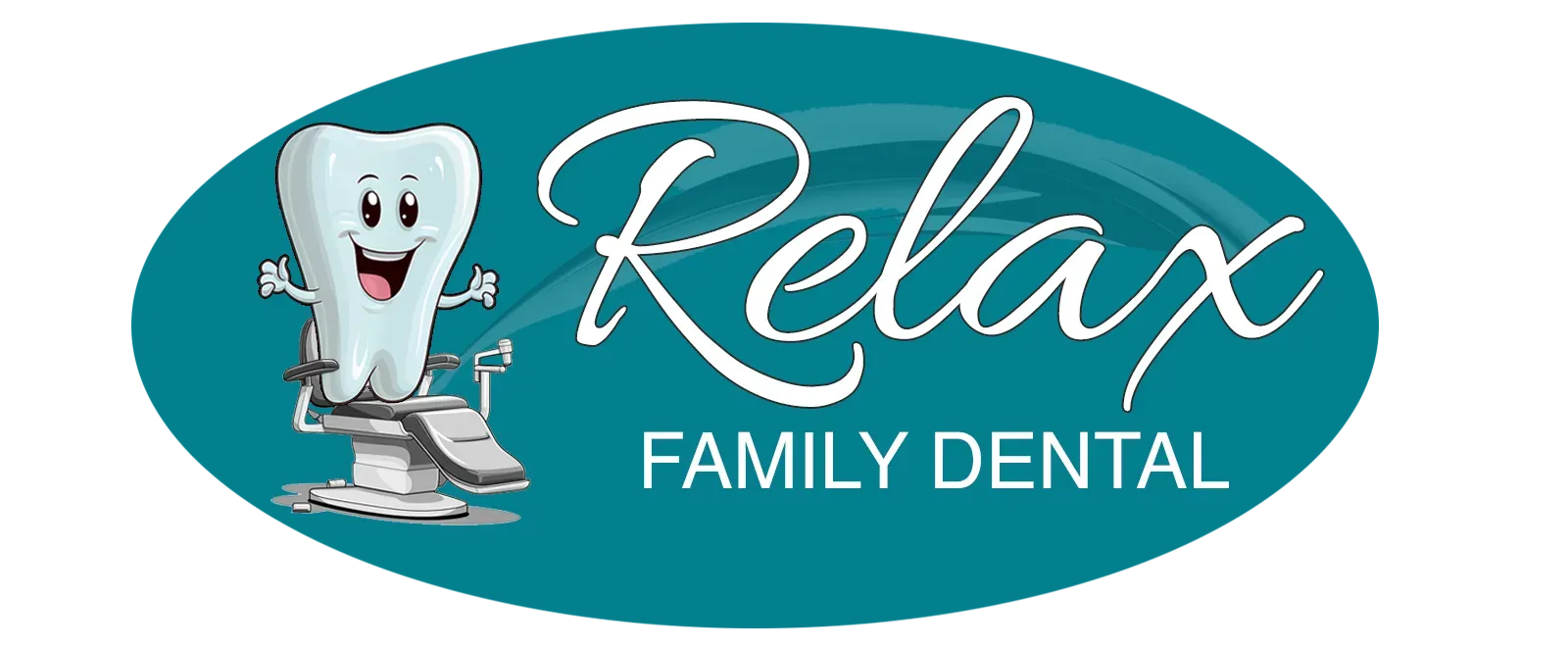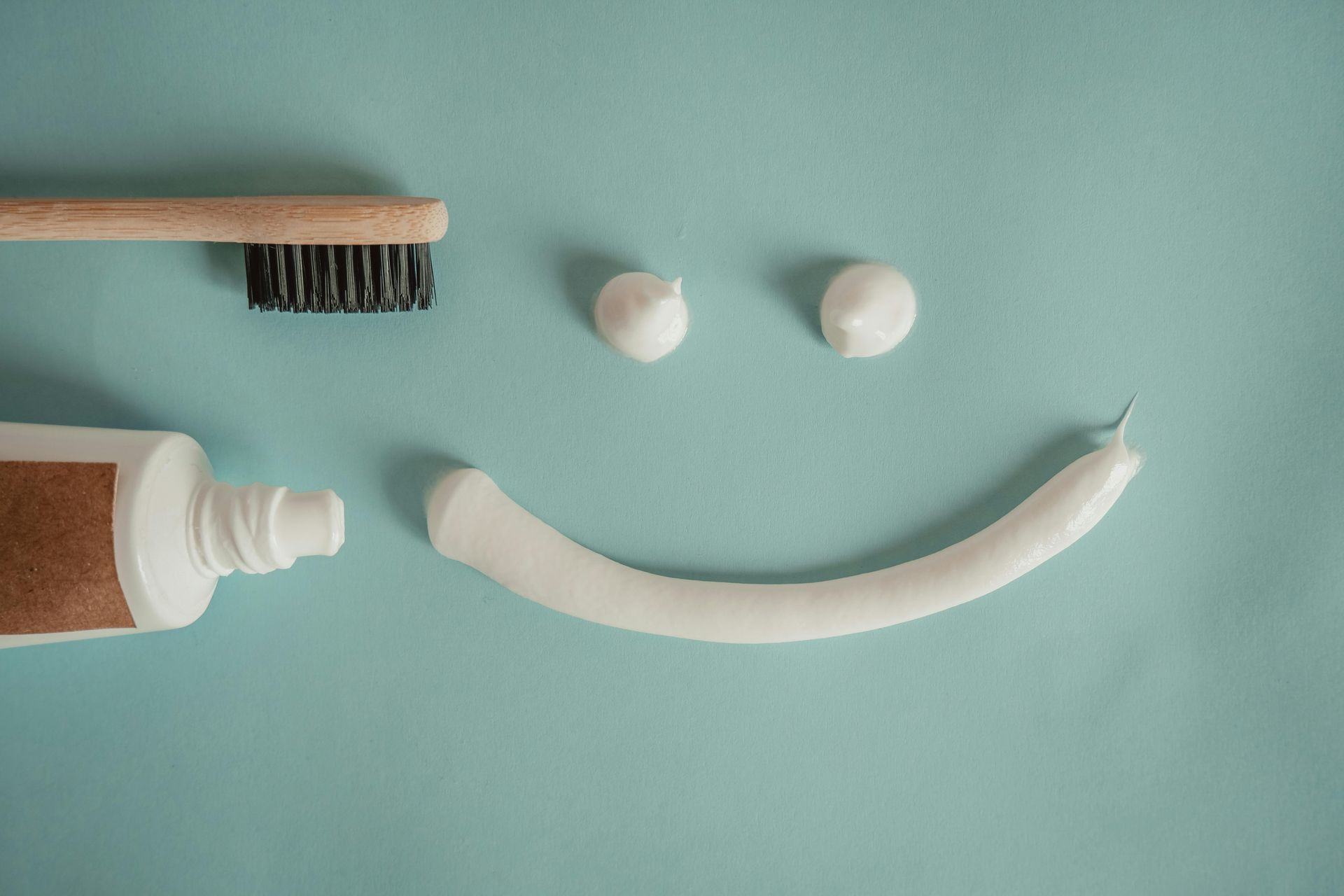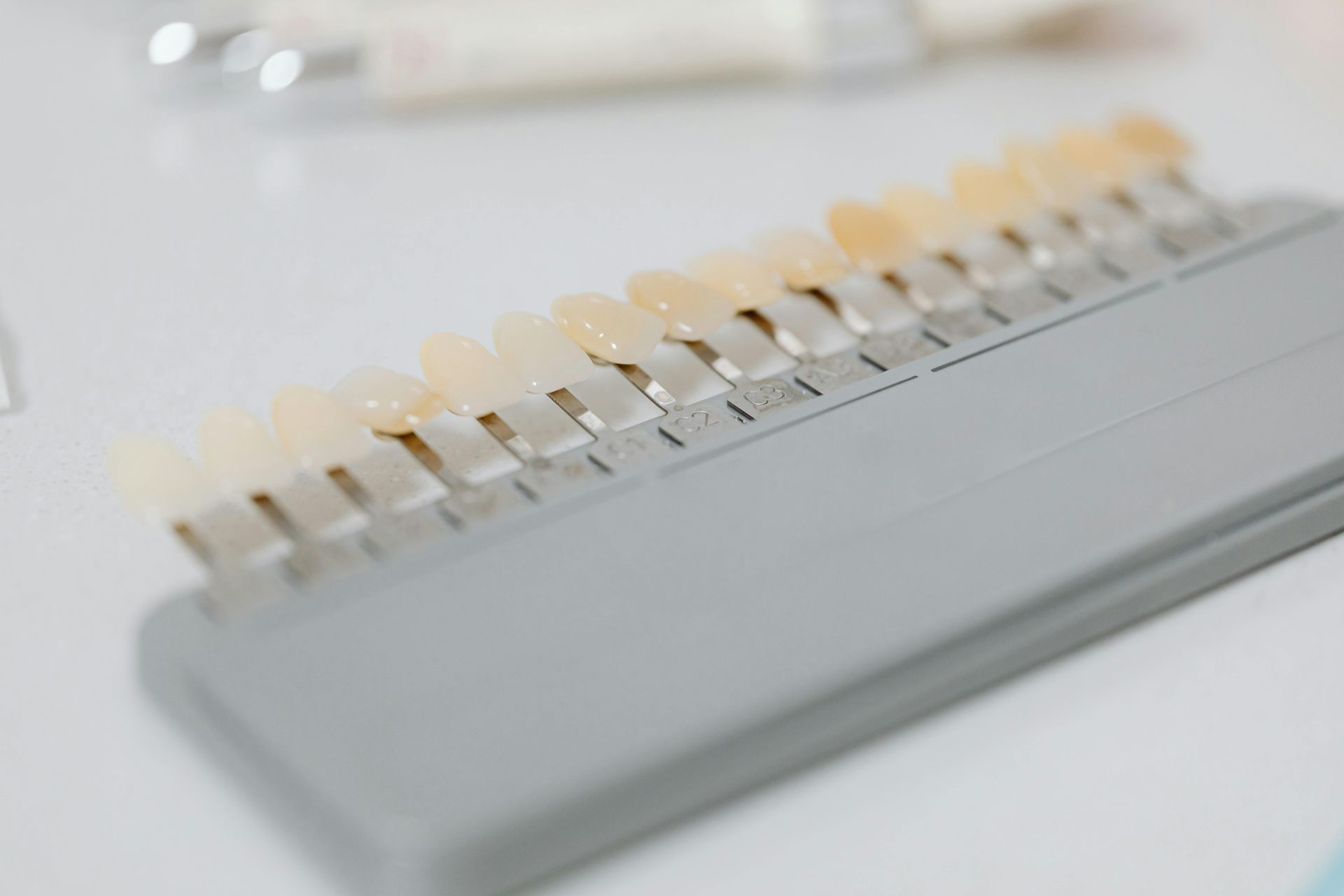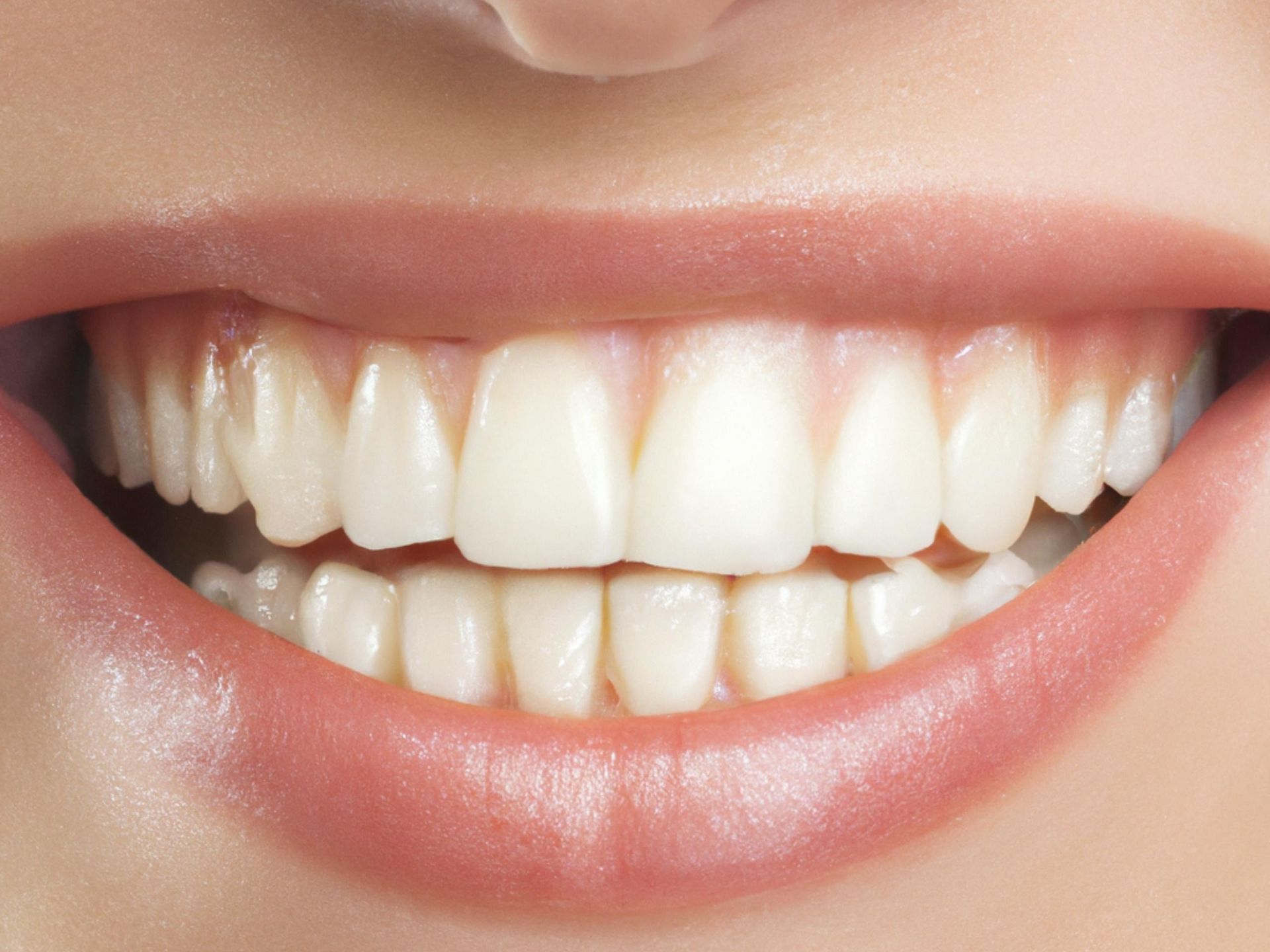The Importance of Regular Dental Checkups: What to Expect
- Regular checkups are not just about cleaning teeth—they are key to your overall health care.
- Research shows that adults who maintain routine dental checkups reduce risk of dental issues by as much as 41%.
- Many dental insurance plans cover bi-annual checkups, yet they remain underutilized by a large number of young adults with coverage.
For many, dental checkups are easy to delay or overlook in a busy schedule. Yet these visits go beyond just keeping your teeth clean—they’re key to catching potential issues before they escalate.
Local Racine County dentist Dr. Popa, DMD, highlights the long-term value of consistency. “Routine checkups are about so much more than cavities—they help us monitor your oral health and even detect signs of broader health concerns. It’s all about prevention,” she explains.
Curious about what happens during a dental checkup and why it matters? Let’s break down the process and explore the benefits of making your oral health a priority.
The Comprehensive Dental Examination
A routine dental checkup begins with a thorough examination of your teeth, gums, and mouth. The dentist checks for cavities, signs of gum disease, and any potential oral health issues. Regular exams can identify early-stage problems that are not visible or causing discomfort, allowing for early treatment that could save you from more complex procedures down the line.
The Importance of X-rays
In many dental checkups, X-rays are taken to provide a clear picture of what's happening beneath the surface. While not always necessary, X-rays help the dentist detect issues like cavities between teeth, bone loss, and even tumors. X-rays are generally considered safe, but if you're pregnant or have concerns, it's always worth discussing with your dentist before proceeding.
Oral Cancer Screenings
An important yet often overlooked part of your dental visit is the oral cancer screening. During the checkup, the dentist will examine your mouth, tongue, and throat for any signs of oral cancer. This simple procedure is vital because catching oral cancer early can significantly improve treatment outcomes.
Preventative Cleanings: More Than Just Plaque Removal
While it may feel like a quick clean, professional teeth cleaning is essential for removing plaque and tartar buildup that brushing and flossing at home can’t fully address. Beyond cleaning, your hygienist will also polish your teeth, helping to remove surface stains and keep your smile looking fresh.
Gum Health and Periodontal Disease
Gum disease is often a silent issue that can go unnoticed until it's more severe. During a checkup, your dentist will assess your gum health, checking for signs of inflammation or infection. Left untreated, gum disease can lead to tooth loss, but with regular checkups, it can often be stopped in its early stages.
Identifying Early Signs of Systemic Health Issues
Did you know your dentist can spot early signs of problems like diabetes, heart disease, and nutritional deficiencies? The condition of your mouth, including your gums and teeth, can reflect issues elsewhere in your body. A dentist may notice symptoms of these conditions, allowing you to seek further medical advice before symptoms become more serious.
The Role of Regular Checkups in Long-Term Health
Routine checkups aren’t just about addressing current problems—they are essential for preventing future ones. According to research, patients who maintain regular dental visits have a lower risk of tooth loss and serious gum disease. Scheduling bi-annual checkups ensures you stay on top of your oral health, preventing costly and painful procedures later on.
What to Expect During a Dental Checkup
Each checkup might vary slightly depending on your dentist's practices, but in general, you can expect a review of your medical history, an oral examination, and cleanings or sometimes X-rays. You may also receive personalized recommendations on how to improve your oral hygiene routine or advice on lifestyle changes that can benefit your dental health.
How Dental Checkups Save You Money
While it may seem like an expense, regular dental checkups can save you money in the long run by preventing larger dental issues from developing. Cavities, gum disease, and infections are easier—and cheaper—to treat when caught early. By maintaining your appointments, you're investing in both your oral health and your financial well-being.
To learn more about the importance of regular dental checkups, preventive care, and how we can help you maintain a healthy, vibrant smile, schedule an appointment at Relax Family Dental today. Our friendly team is here to provide you with personalized, gentle care that keeps your oral health in top shape. Call us now at (262)-456-5388 and experience how easy and comfortable maintaining your smile can be!



